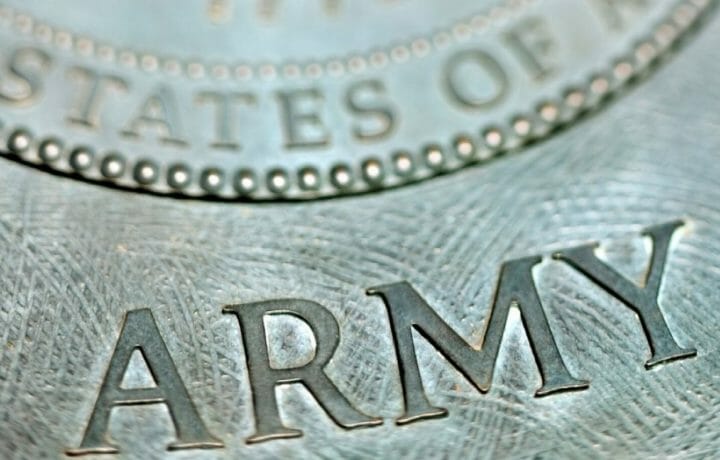This year, the Army had one of its worst recruiting years in decades; they missed their goal by 15,000 enlistments. There are several reasons why, but two that rise above the rest are:
- A declining interest to serve
- Potential enlistees not being able to meet the enlistment requirements.
While the Army’s marketing department is working to develop more interest in young people to serve, there is an entirely new initiative to solve the second reason – Future Soldier Prep Course.
Pre-Basic Prep School
Officially known as the Future Soldier Prep Course, it is a pilot course that started in July at Ft. Jackson SC that uses a combination of civilian instructors and Drill Sergeants to get new enlistees not meeting the grade ready for Basic Training.
The civilian instructors teach the course curriculum, while Drill Sergeants are in a non-typical role of providing “inspiration” that is designed to build the student’s mental resiliency. They also tell students how they used their own experiences to overcome obstacles while they were serving in the Army.
What the course has found is that by the Drill Sergeants connecting with the students more in a mentoring role rather than the typical Drill Sergeant way that most of us were used to, they are better able to identify limiting factors in students that are having a hard time performing. Repeatedly, they have found that once the limiting factors are identified that is holding back each student, they are then able to figure out how to turn them around academically or physically so that they can meet the requirements to ship to Basic Training.
The course is divided into two tracks – both designed to improve:
- Academic achievement and in particular ASVAB scores
- Physical conditioning
Academic Achievement
In this track, students have full days with instruction on topics such as math and reading comprehension. If they are having trouble getting an ASVAB score that they need, they practice and take the test every three weeks so they can improve their scores.
If they meet the requirement, they are shipped off to Basic Training. If they don’t, they practice in the meantime and test in another three weeks.
Out of the 706 students enrolled in the first class, 581 met the requirements of this track and are at Basic Training.
Physical Conditioning
This track also saw success. It had 366 students enrolled of which 292 graduated. In this track, students are taught life-long tools they can use to learn how to stay healthy and fit. The Army has even brought in dieticians, nutritionists, and physical therapists to ensure students are being taught the basics of good nutrition and physical conditioning.
Regardless of the track all students start their day with PT, but it is not the typical Army PT. They learn more about movement patterns, building muscular strength and endurance, so they are better prepared for Basic Training.
Students come into the course as 09M delayed entry contracts and have 90 days to meet the standard of whichever track they are assigned. Each student can only pursue one track. Those not meeting the requirements at the end of 90 days are separated under Chapter 11 which means they can try again in six months.
The Future Soldier Prep Course is more in line with how the Army is changing its Basic Training anyway. Gone are the days of Drill Sergeants loud and demeaning tactics. Instead they are being replaced with tactics more akin to a strict football coach.
As a way to help determine if the Prep Course should be expanded, the Army is watching to see how graduates of the course compare with Basic Training trainees that did not go through the course. The anticipation is that Prep Course graduates will do better as they enter Basic Training healthier, and more durable than their non-Prep Course colleagues.
In a time when many do not want to serve, this course helps those that do want to serve, but need just a little more help in preparing to meet the Army’s requirement. Without the Prep course, they might never have the opportunity to pursue their dream of becoming soldiers and serving their country.



